Hybrid Cars of 2025: The Best Eco-Friendly Vehicles for a Sustainable Future
Introduction
The automotive industry is undergoing a significant transformation as we move toward a more sustainable future. Hybrid cars, which combine traditional internal combustion engines with electric propulsion, are becoming increasingly popular due to their fuel efficiency and reduced emissions. As we look ahead to 2025, numerous advancements in technology and design are set to redefine the hybrid vehicle landscape. This article will explore the best eco-friendly hybrid cars of 2025, highlighting their features, benefits, and contributions to a greener planet.
The Rise of Hybrid Vehicles
Hybrid vehicles have grown in popularity over the last two decades, driven by increasing environmental awareness and advancements in technology. With global efforts to combat climate change and reduce dependence on fossil fuels, manufacturers are investing heavily in hybrid technology. By 2025, hybrids are expected to play a crucial role in the automotive market, offering consumers an eco-friendly alternative without sacrificing performance.
Key Features of 2025 Hybrid Cars
The hybrid cars of 2025 will come equipped with several key features that enhance their eco-friendliness and overall performance. These include:
- Advanced Battery Technology: The latest lithium-ion and solid-state batteries will offer longer ranges and shorter charging times, making hybrids more convenient for everyday use.
- Regenerative Braking: This technology captures energy during braking and uses it to recharge the vehicle’s battery, increasing efficiency and reducing wear on brakes.
- Lightweight Materials: The use of advanced composites and lightweight metals will improve fuel efficiency by reducing the overall weight of the vehicle.
- Smart Driving Modes: Sophisticated software will allow drivers to select driving modes that optimize fuel efficiency, performance, or a balance of both, depending on their needs.
- Connectivity and Autonomous Features: Enhanced connectivity will enable better navigation and efficiency, while autonomous driving features will improve safety and reduce traffic congestion.
Top Hybrid Cars of 2025
As we look towards 2025, several hybrid vehicles stand out due to their innovative features, performance, and eco-friendly design. Here’s a closer look at some of the best hybrid cars expected to hit the market:
Toyota Prius Prime
The Toyota Prius Prime has long been a pioneer in the hybrid vehicle sector, and the 2025 model is set to continue that legacy. With a sleek design and improved aerodynamics, the Prius Prime offers an all-electric range of up to 40 miles, making it perfect for daily commutes. The hybrid system combines a 1.8-liter four-cylinder engine with an electric motor, providing an impressive 133 MPGe. Advanced safety features, including Toyota’s Safety Sense suite, ensure peace of mind on the road.
Honda Clarity Plug-In Hybrid
The Honda Clarity Plug-In Hybrid presents a strong option for those seeking versatility and eco-friendliness. With a spacious interior and a comfortable ride, the Clarity boasts an electric range of approximately 47 miles and a total range of over 340 miles when combining gasoline and electric power. The hybrid system utilizes a 1.5-liter inline-4 engine paired with an electric motor, delivering a smooth and responsive driving experience. Furthermore, an array of tech features, including Apple CarPlay and Android Auto, keeps drivers connected.
Ford Escape Hybrid
Ford’s commitment to hybrid technology is evident in the 2025 Escape Hybrid. This compact SUV combines practicality with efficiency, offering a spacious interior and ample cargo space. The Escape Hybrid features a 2.5-liter four-cylinder engine paired with an electric motor, achieving an estimated 41 mpg in the city and 37 mpg on the highway. With the addition of Ford’s Co-Pilot360 suite of safety features and available all-wheel drive, the Escape Hybrid is an excellent choice for eco-conscious families.
Kia Niro Hybrid
The 2025 Kia Niro Hybrid is designed for those who prioritize efficiency without compromising on style and functionality. This compact crossover offers a combined 50 mpg, making it one of the most fuel-efficient vehicles in its class. The Niro is equipped with a 1.6-liter four-cylinder engine and a 43-horsepower electric motor, delivering a balanced performance. With a user-friendly infotainment system and advanced safety features, the Niro Hybrid is perfect for urban dwellers and adventurers alike.
Hyundai Sonata Hybrid
The Hyundai Sonata Hybrid is a standout option for those seeking a midsize sedan with eco-friendly credentials. The 2025 model features a sleek design, spacious cabin, and advanced technology. The Sonata Hybrid combines a 2.0-liter four-cylinder engine with an electric motor to achieve a remarkable 52 mpg combined. With the addition of Hyundai’s SmartSense safety features and a robust infotainment system, the Sonata Hybrid ensures comfort and safety for both drivers and passengers.
Rivian R1T
As electric vehicles gain traction, hybrid models are evolving to incorporate all-electric capabilities. The Rivian R1T is a perfect example of this evolution. While primarily an electric truck, it also offers a hybrid version that caters to adventure enthusiasts. With a range of over 300 miles and impressive off-road capabilities, the R1T is designed for those who want to explore the great outdoors while minimizing their carbon footprint. Its innovative features, including a gear tunnel and a camp kitchen, set it apart from traditional hybrid vehicles.
Chevrolet Malibu Hybrid
The Chevrolet Malibu Hybrid combines a stylish design with impressive fuel economy. The 2025 model features a 1.8-liter four-cylinder engine paired with an electric motor, achieving an estimated 49 mpg in the city and 43 mpg on the highway. The Malibu Hybrid offers a comfortable ride and spacious interior, making it a practical choice for families. Additionally, it comes equipped with a host of connectivity features, including a touchscreen infotainment system and smartphone integration.
The Environmental Impact of Hybrid Vehicles
The shift towards hybrid vehicles has significant environmental implications. By reducing greenhouse gas emissions and improving fuel efficiency, hybrids contribute to cleaner air and fewer harmful pollutants. According to studies, hybrid vehicles can reduce carbon dioxide emissions by up to 30% compared to their traditional gasoline counterparts. As more consumers choose hybrids, the cumulative effect can lead to a substantial decrease in overall emissions, playing a critical role in global efforts to combat climate change.
The Future of Hybrid Technology
As we approach 2025, advancements in hybrid technology are expected to continue at a rapid pace. Manufacturers are investing in research and development to improve battery technology, increase electric ranges, and enhance overall efficiency. Innovations such as wireless charging, vehicle-to-grid technology, and improved energy management systems are on the horizon, promising to make hybrid vehicles even more appealing to consumers.
Government Incentives and Support
Governments around the world are implementing policies and incentives to promote the adoption of hybrid and electric vehicles. Tax credits, rebates, and grants are being offered to consumers who choose eco-friendly options. Additionally, many countries are setting ambitious targets for reducing carbon emissions and transitioning to electric mobility, further solidifying the place of hybrids in the automotive landscape. As these initiatives continue to evolve, they will play a crucial role in shaping the future of hybrid vehicles.
Consumer Considerations
When considering the purchase of a hybrid vehicle, consumers should take several factors into account. These include:
- Driving Habits: Understanding how often you drive short versus long distances can help determine whether a hybrid or plug-in hybrid is the right choice.
- Cost of Ownership: While hybrid vehicles often come with a higher upfront cost, the long-term savings on fuel and potential tax incentives can make them a financially sound investment.
- Resale Value: The resale value of hybrid vehicles tends to remain strong, particularly as demand for eco-friendly options continues to rise.
- Availability of Charging Infrastructure: For plug-in hybrids, access to charging stations can be a critical factor in maximizing efficiency.
Conclusion
The hybrid cars of 2025 represent a significant leap forward in terms of technology, design, and eco-friendliness. With a diverse range of options available, consumers can choose from various models that suit their needs while contributing to a sustainable future. As the automotive industry continues to evolve, hybrids will play a vital role in reducing emissions and promoting cleaner transportation. By embracing hybrid technology, we can take a significant step towards a more sustainable and environmentally friendly world.
Explore
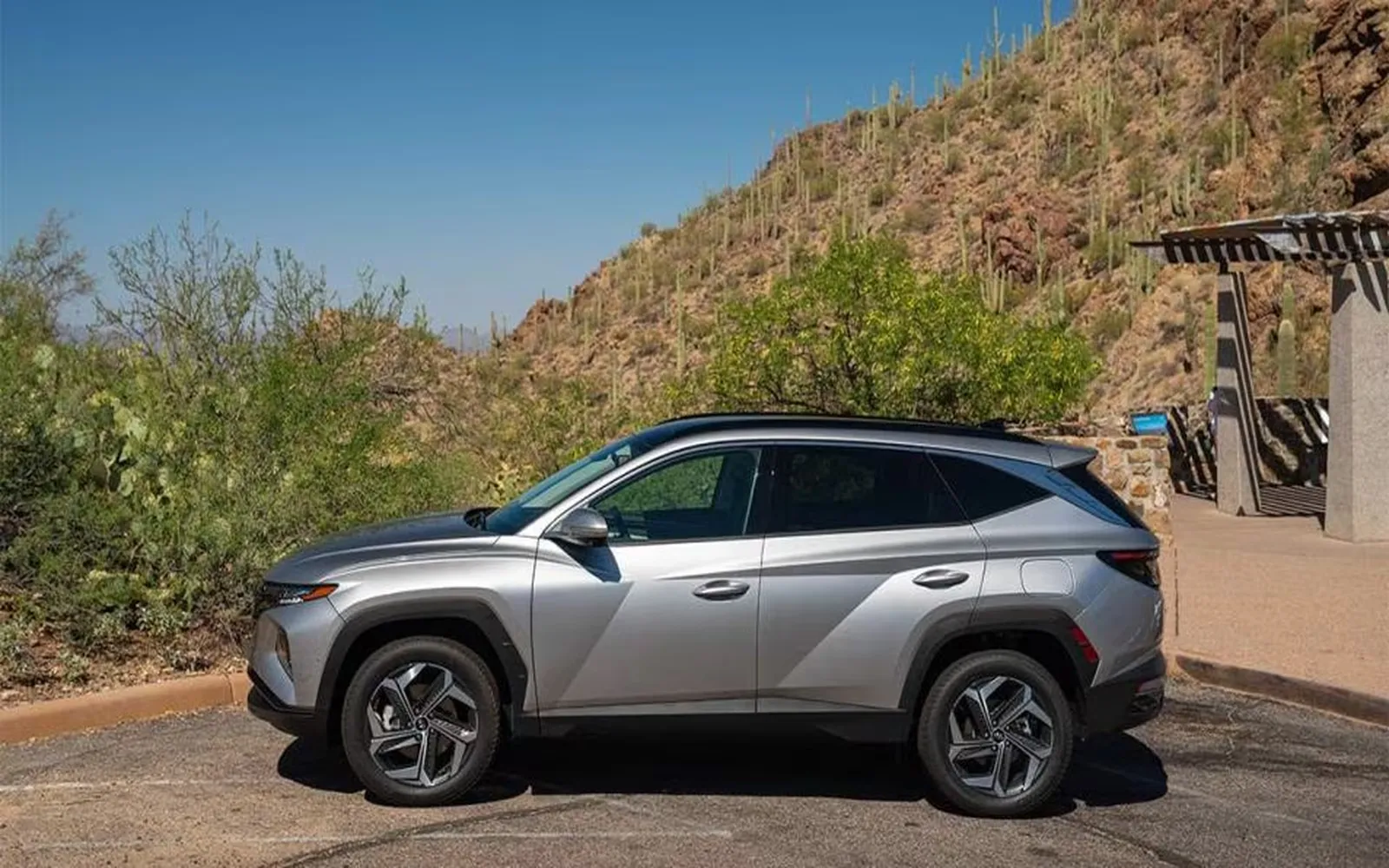
2025 Hybrid Cars: The Future of Eco-Friendly Driving and What to Expect
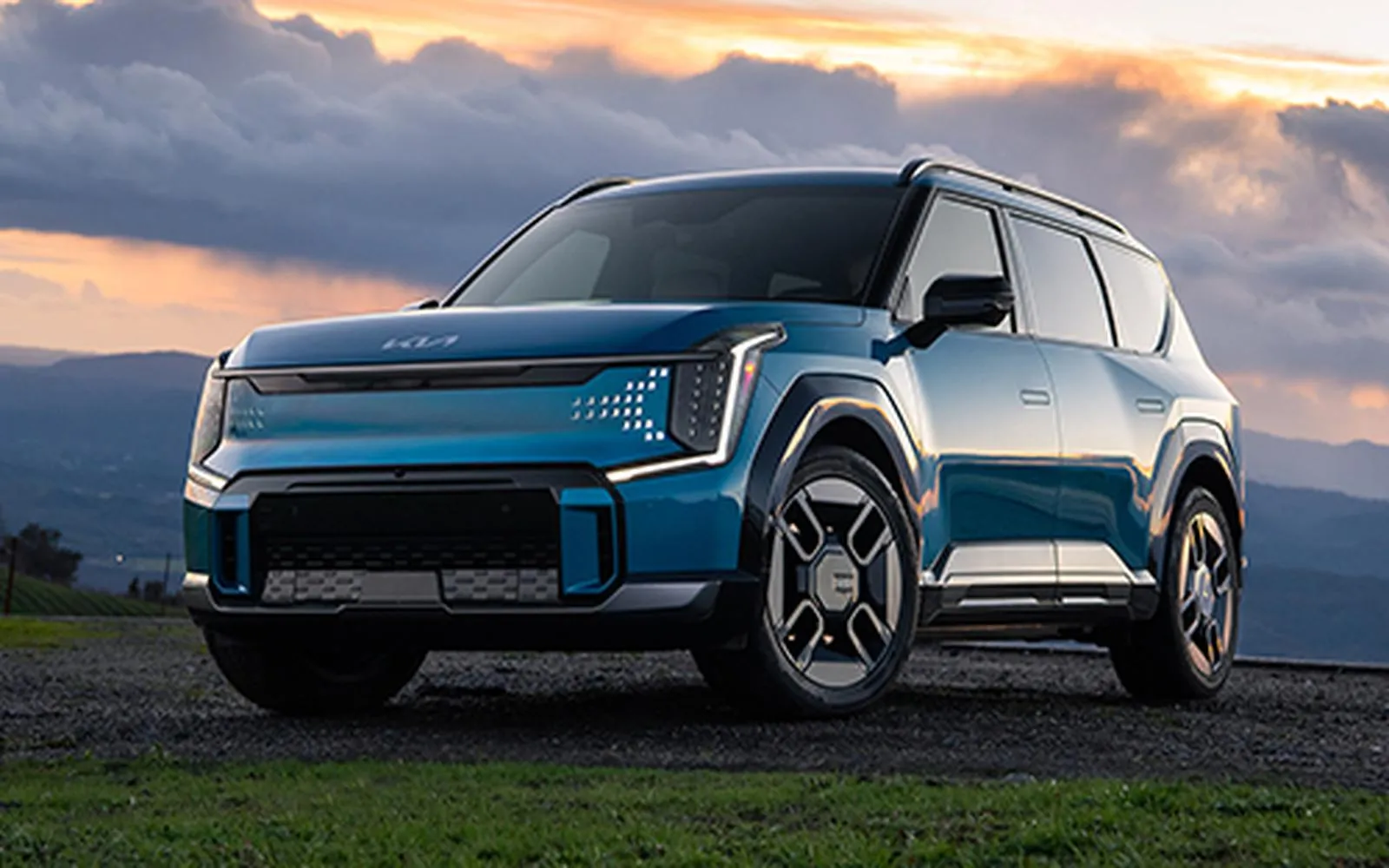
Used Electric Cars to Consider in 2025: Eco-Friendly Choices for Every Budget
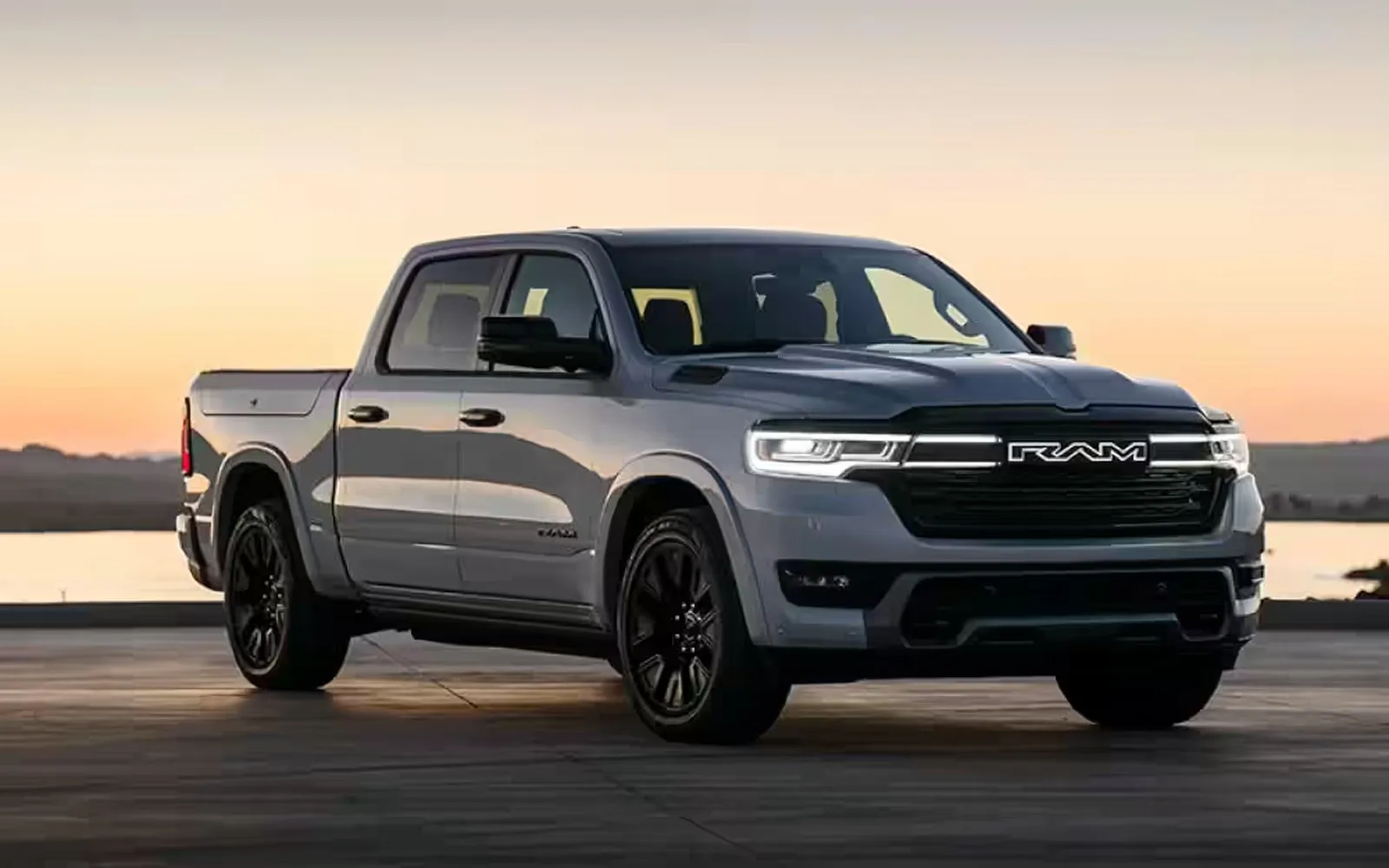
2025 Electric Pickup Trucks: Revolutionizing the Future of Eco-Friendly Hauling
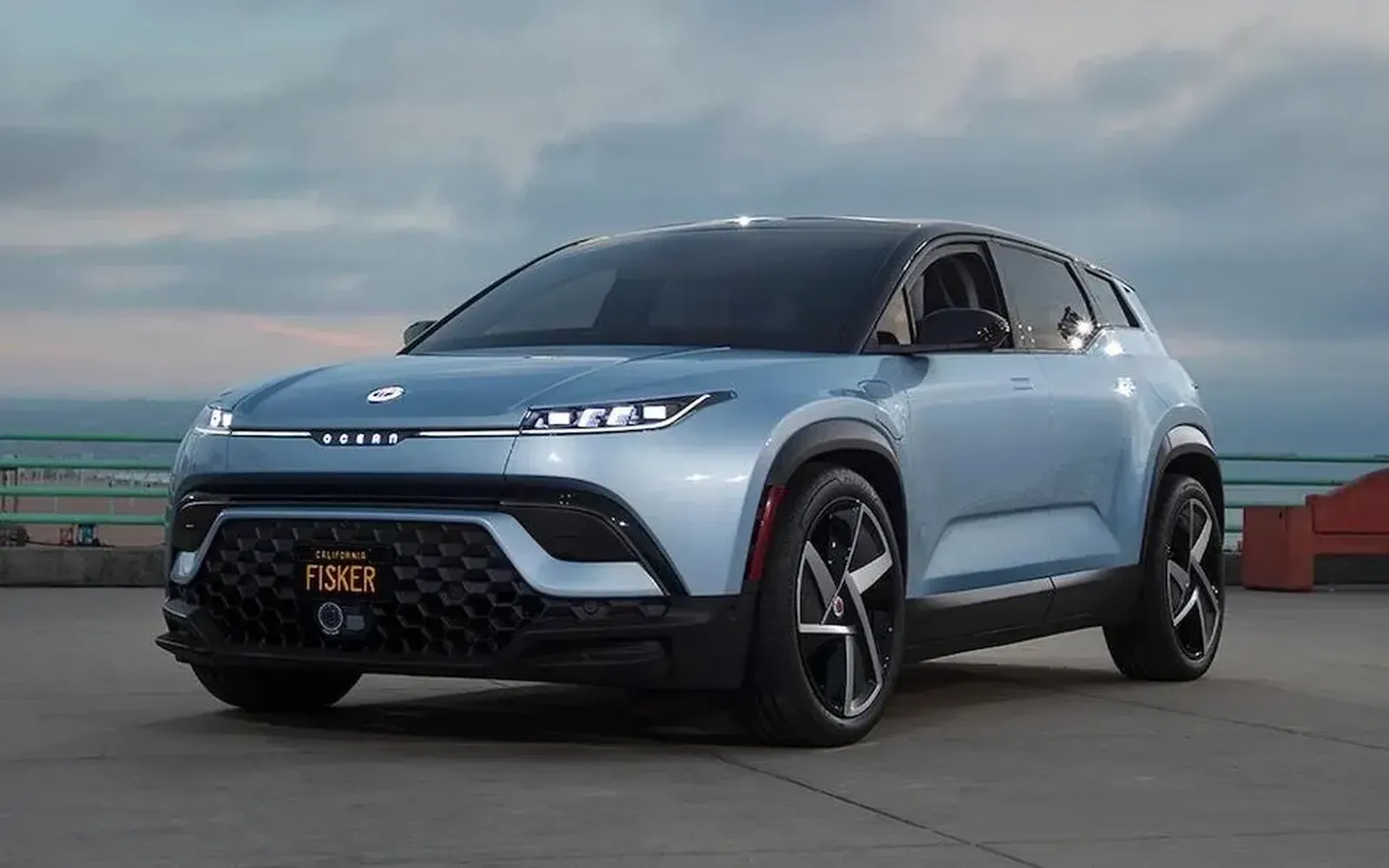
Electric Cars in 2025: The Future of Sustainable Driving and Innovative Technology

Discover Green Air Conditioning: Eco-Friendly Cooling Solutions
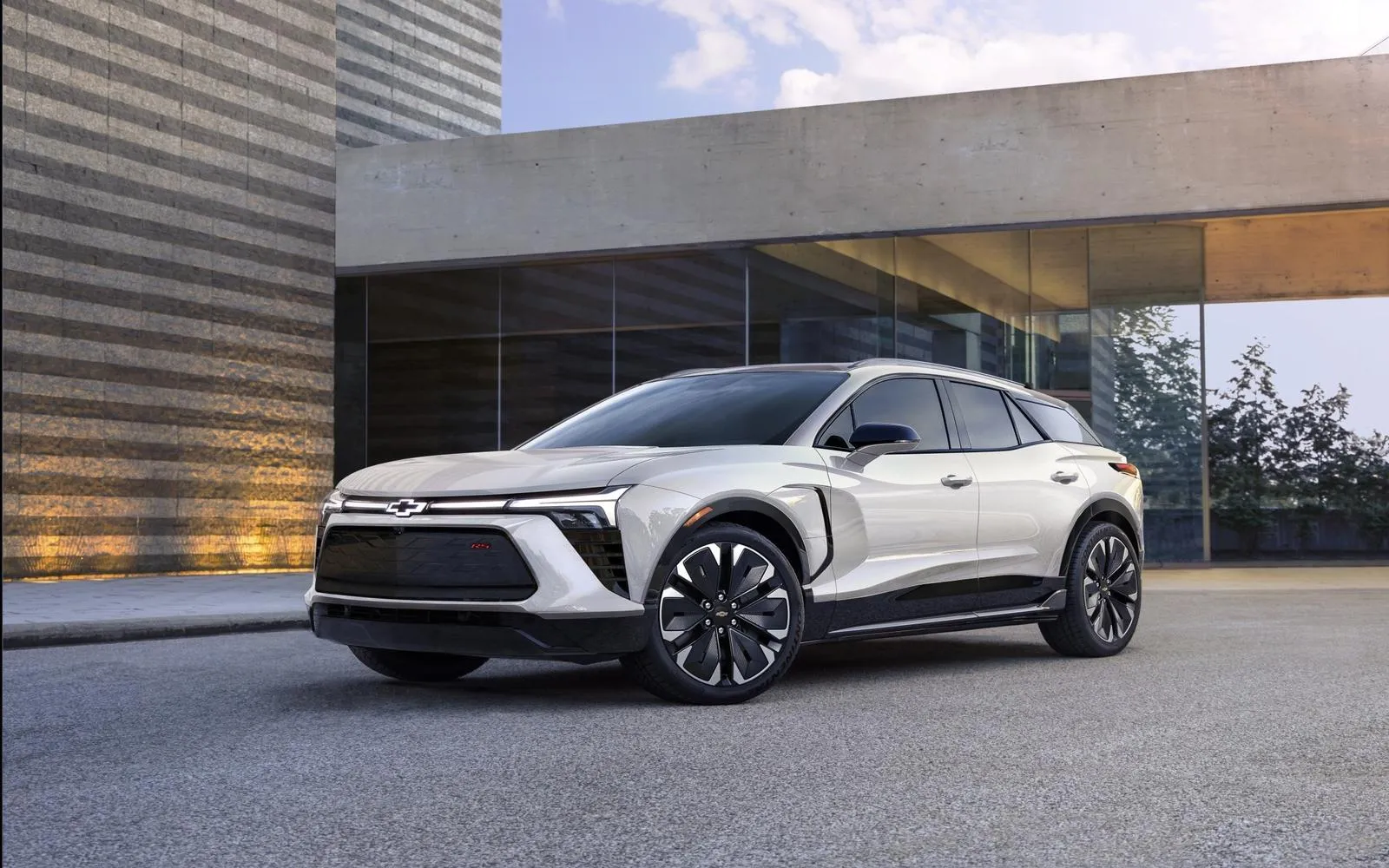
Electric Car Leases of 2025: Best Deals for Eco-Friendly Drivers
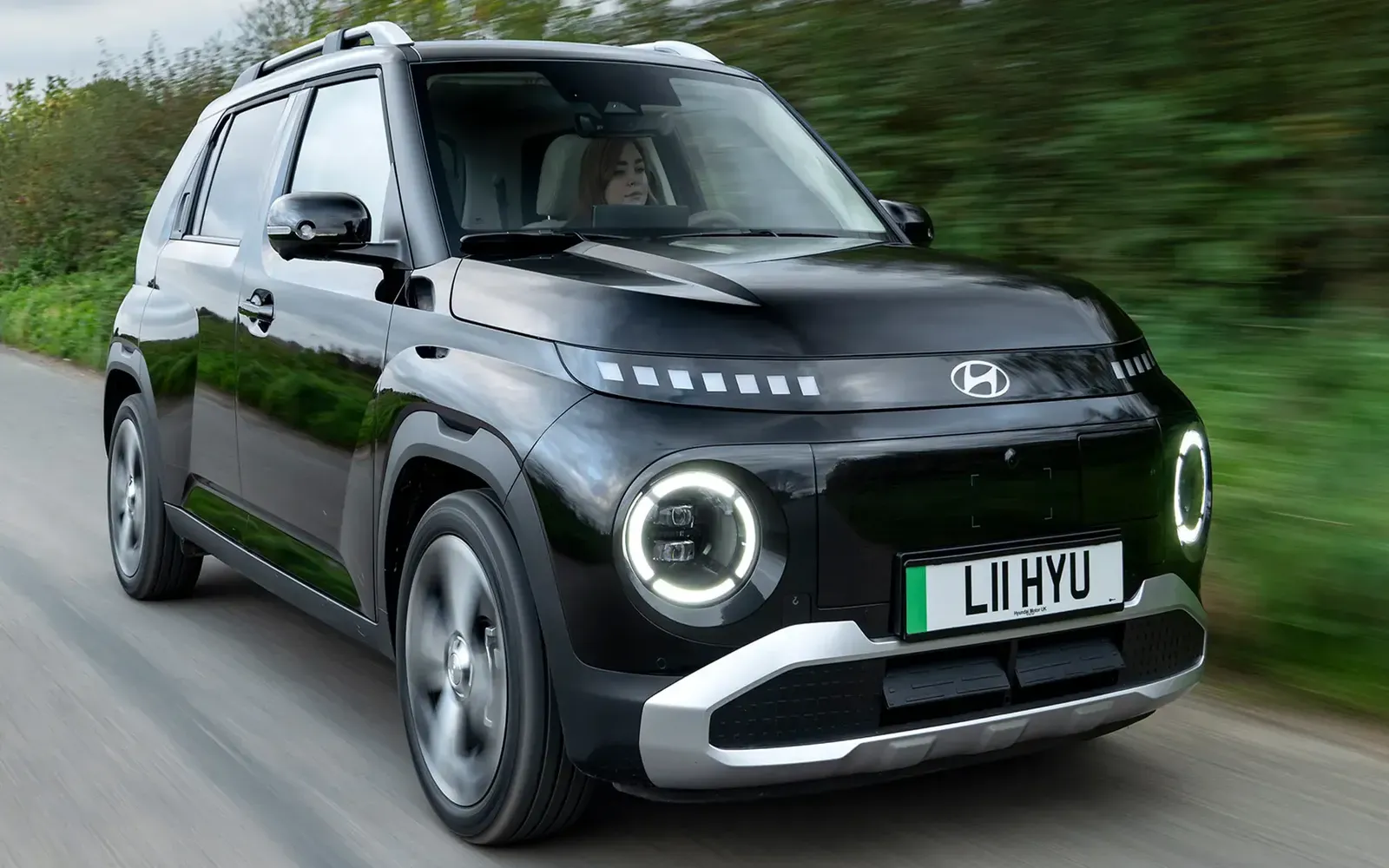
Compact Electric Vehicles: The Future of Urban Mobility in 2025
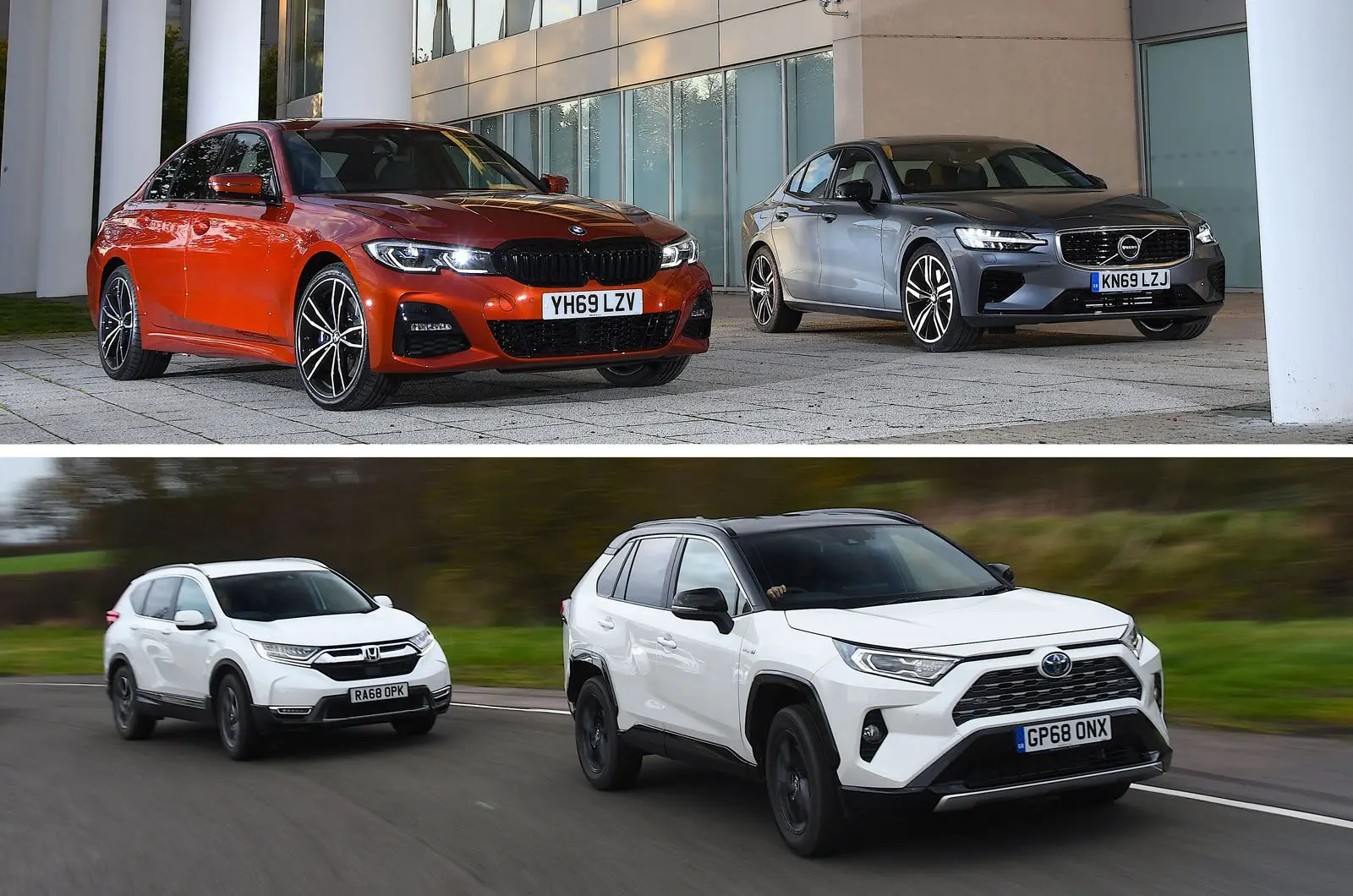
Best Hybrid Cars 2025: Top Picks for Fuel Efficiency and Value
